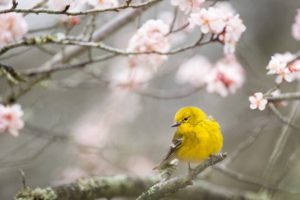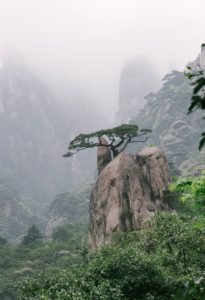Today I wanted to talk about how Acupuncture may alleviate some of the symptoms associated Allergic Rhinitis, or as it is commonly known, Hay Fever.

Photo by Ray Hennessy on Unsplash
Spring is an exciting time of the year. It is a time of growth and change. But for many it can mean seasonal allergies and sniffles!
Allergic Rhinitis, is an inflammation of the nasal passages. Sufferers may experience symptoms such as sneezing, itchy eyes, ears and throat and post- nasal drip. Symptoms can be triggered by both allergens from trees, pollen and mould spores (Seasonal Rhinitis) and from dust mites, cockroaches and animal dander (Perennial or Chronic Rhinitis).
These symptoms can occur at any time, but are particularly common in Spring and Autumn, when the temperature fluctuates and the air becomes cool and dry.
It can be a constant battle to keep symptoms at bay.
Recent studies show strong supporting evidence for the use of Acupuncture in alleviating symptoms of Allergic Rhinitis, both seasonal and perennial types. Acupuncture has been shown to be both cost-effective and may reduce reliance on pharmacological options.
If you are experiencing some discomfort due to seasonal and chronic allergies, then a course of Acupuncture may help. During a consultation I will go through a health history with you and together we will work out a treatment plan to help get you back on track.
To read the latest research on Allergic Rhinitis and Acupuncture, please follow links below.
Elisabeth
https://www.ncbi.nlm.nih.gov/pubmed/25644617 https://www.ncbi.nlm.nih.gov/pubmed/23099289 https://www.ncbi.nlm.nih.gov/pubmed/25590322 https://www.ncbi.nlm.nih.gov/pubmed/25943957 https://www.ncbi.nlm.nih.gov/pubmed/27156748

